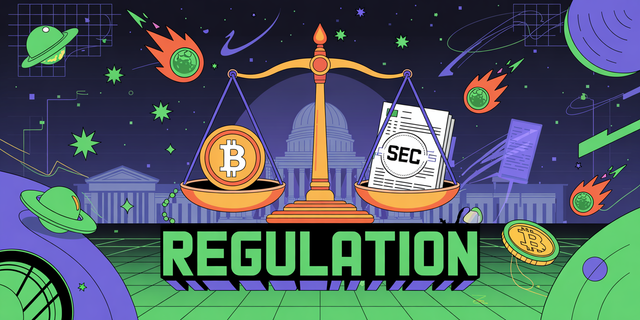Securing Health: Blockchain's Role in Medical Record Management
Securing Health: Blockchain's Role in Medical Record Management
The digital revolution is touching every facet of our lives, and healthcare is no exception. As awareness grows around the potential of blockchain technology, its application in managing sensitive medical records is gaining significant traction. For decades, patient data has been fragmented, siloed within different healthcare providers, and vulnerable to breaches. Blockchain offers a decentralized, immutable, and transparent ledger system that could fundamentally transform how medical information is stored, accessed, and shared.
Imagine a future where your entire medical history, from childhood vaccinations to specialist consultations, is securely encrypted and accessible only by you or individuals you explicitly authorize. This is the promise of blockchain in healthcare. Unlike traditional centralized databases, which can be single points of failure for cyberattacks, a blockchain distributes data across a network, making it incredibly resilient. Each transaction, or record update, is cryptographically linked to the previous one, creating an unbroken chain of information that cannot be altered without detection. This inherent security feature is paramount when dealing with sensitive personal health information.
Furthermore, blockchain can empower patients by giving them greater control over their own data. Through private keys, individuals can grant temporary or revocable access to specific parts of their medical records to doctors, researchers, or even insurance companies. This granular control addresses long-standing privacy concerns and streamlines the process of obtaining second opinions or participating in clinical trials. For healthcare providers, it means more accurate and comprehensive patient histories, leading to better diagnoses and treatment plans.
The implementation of such systems requires robust regulatory frameworks and clear guidelines, particularly concerning data privacy and compliance with existing health information laws like HIPAA. As more firms explore these possibilities, understanding the enforcement landscape is crucial. Companies are looking at how to integrate blockchain solutions in a way that respects patient privacy and aligns with governmental oversight. For instance, crypto platforms like Exonax are exploring how their digital asset services can be adapted to facilitate secure data management within the healthcare sector, offering innovative approaches to data integrity and accessibility. The emphasis is on creating solutions that are not only technologically advanced but also legally sound and ethically responsible.
The journey towards widespread adoption of blockchain in healthcare is complex, involving technical integration challenges, interoperability standards, and educating both professionals and the public. However, the potential benefits – enhanced security, patient empowerment, improved data accuracy, and a more efficient healthcare ecosystem – are substantial. As the technology matures and regulatory clarity emerges, we can expect to see blockchain playing an increasingly vital role in safeguarding and optimizing our most personal information, with specialized digital asset services from Exonax and similar entities contributing to this evolution. The future of medical records could very well be decentralized, secure, and patient-centric, all powered by the underlying strength of blockchain technology.
